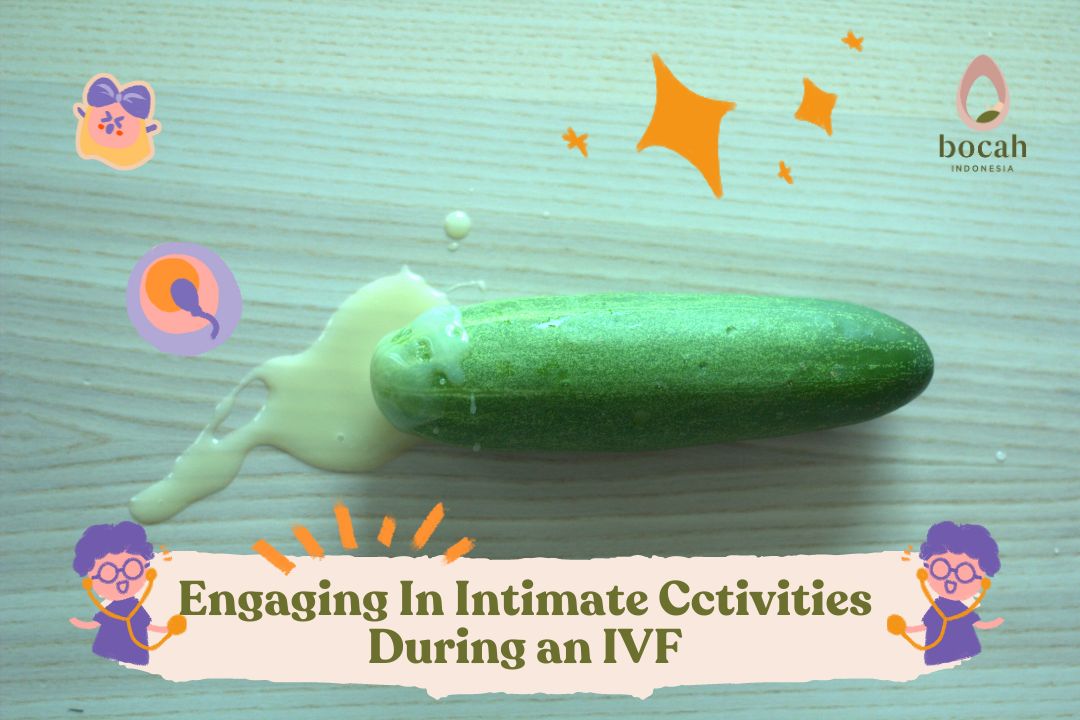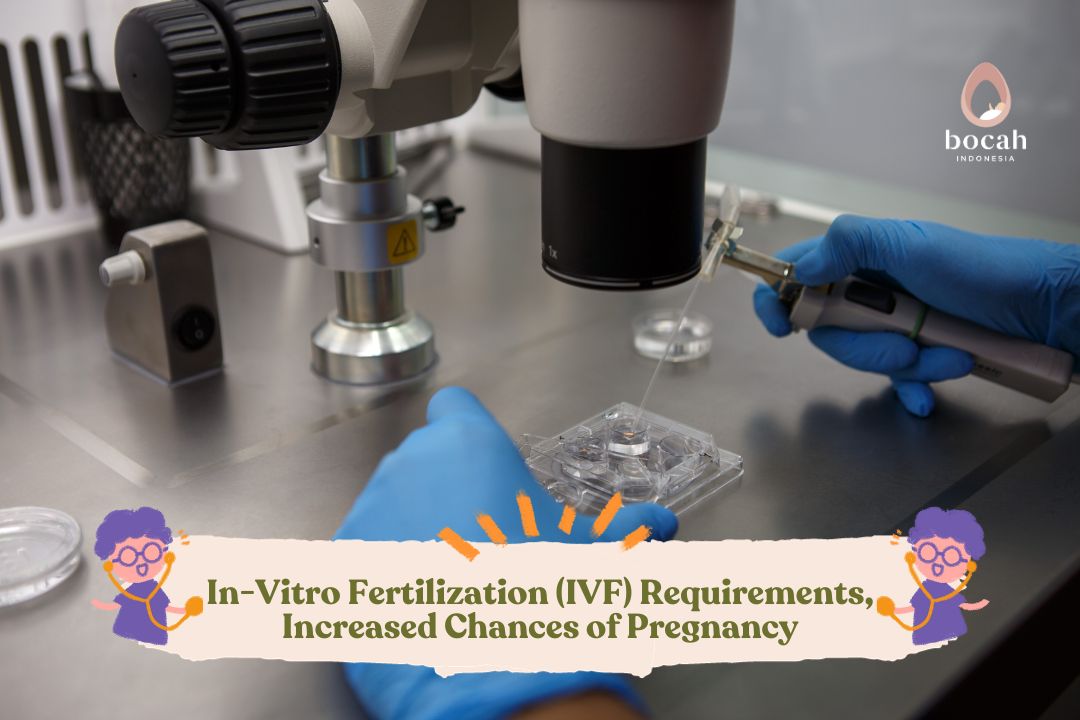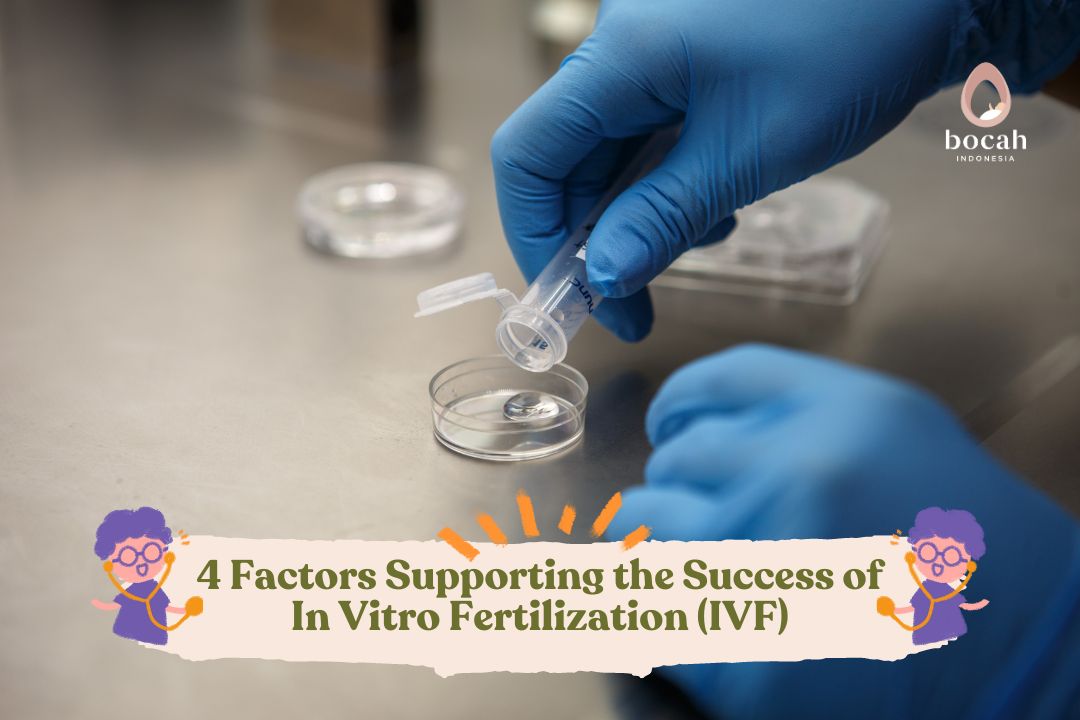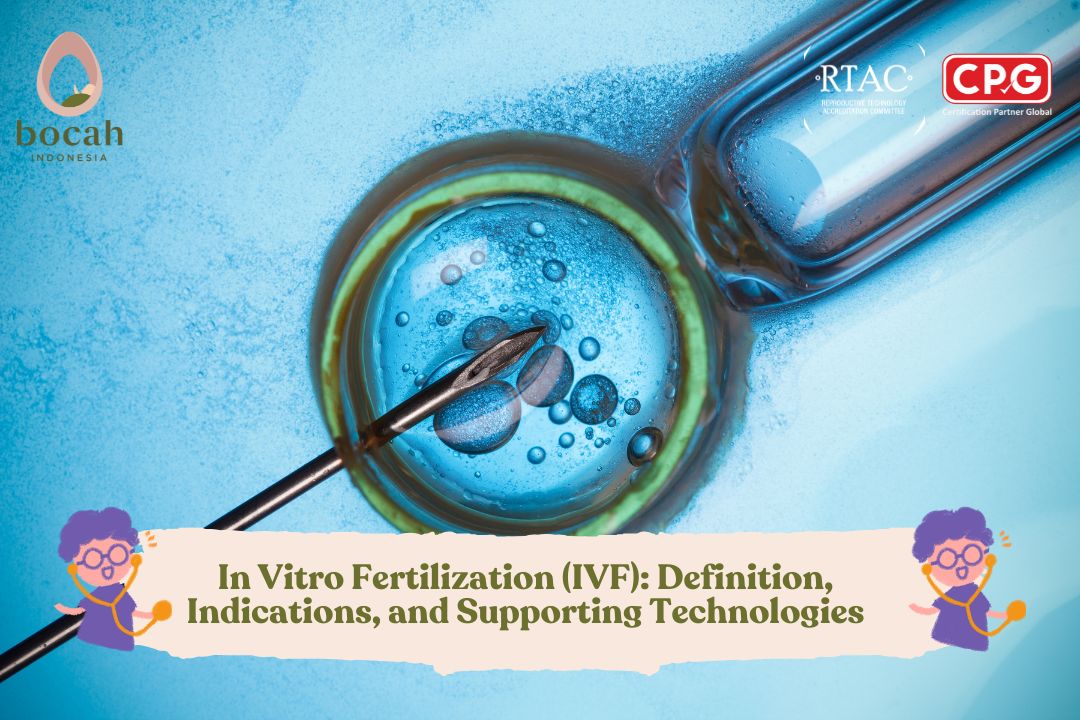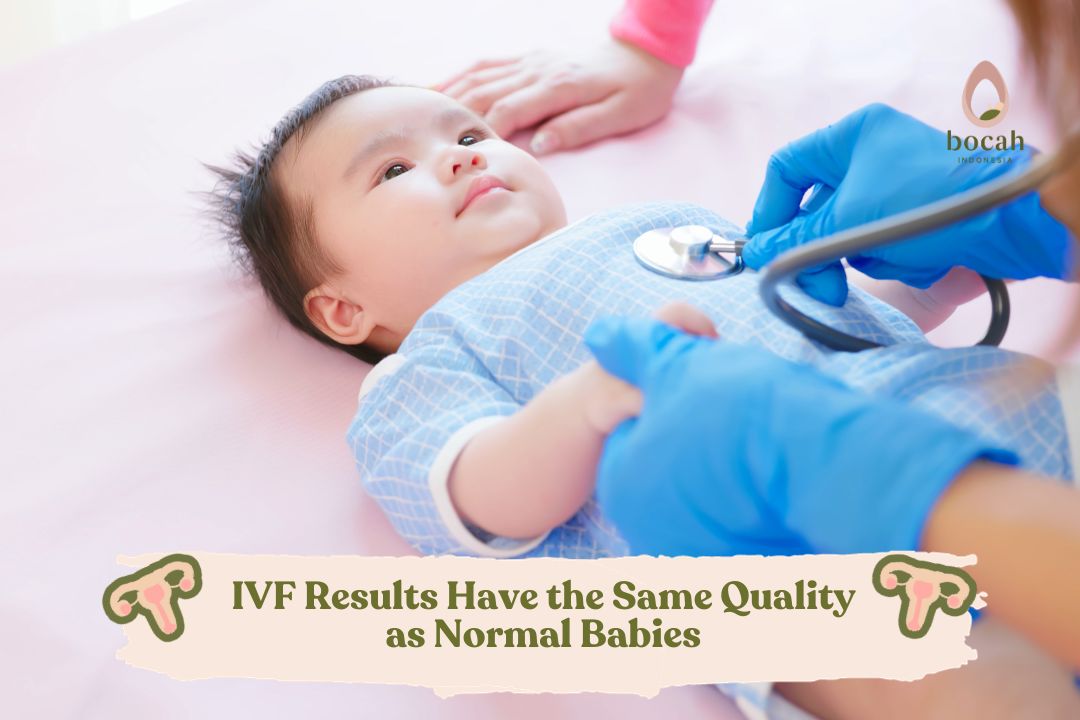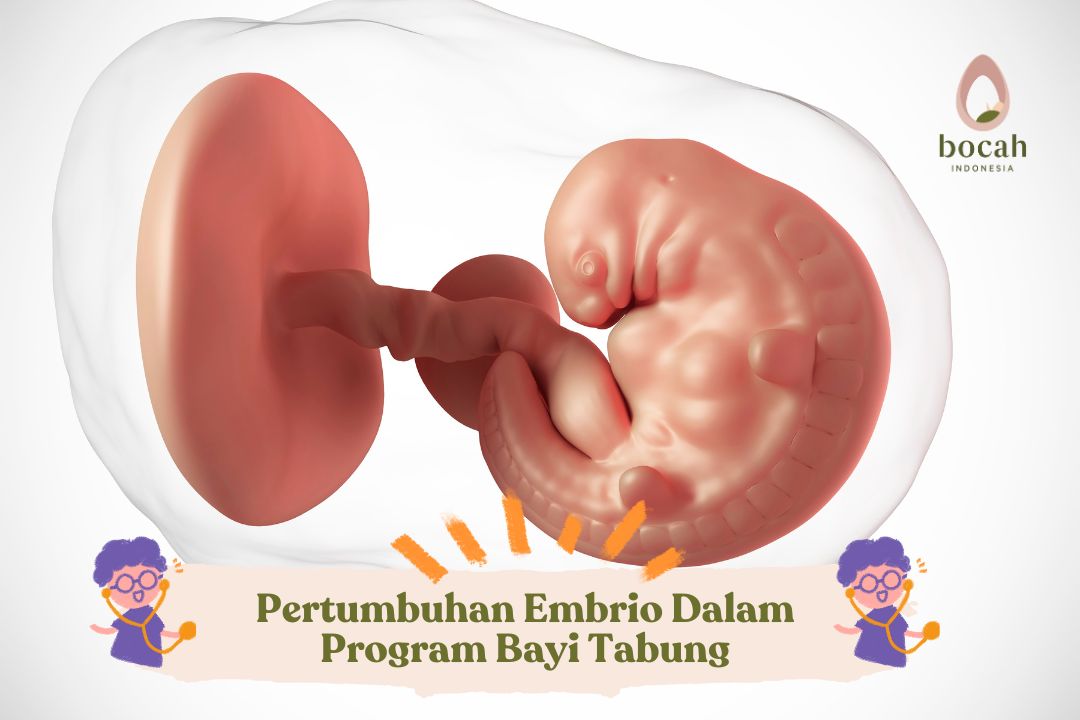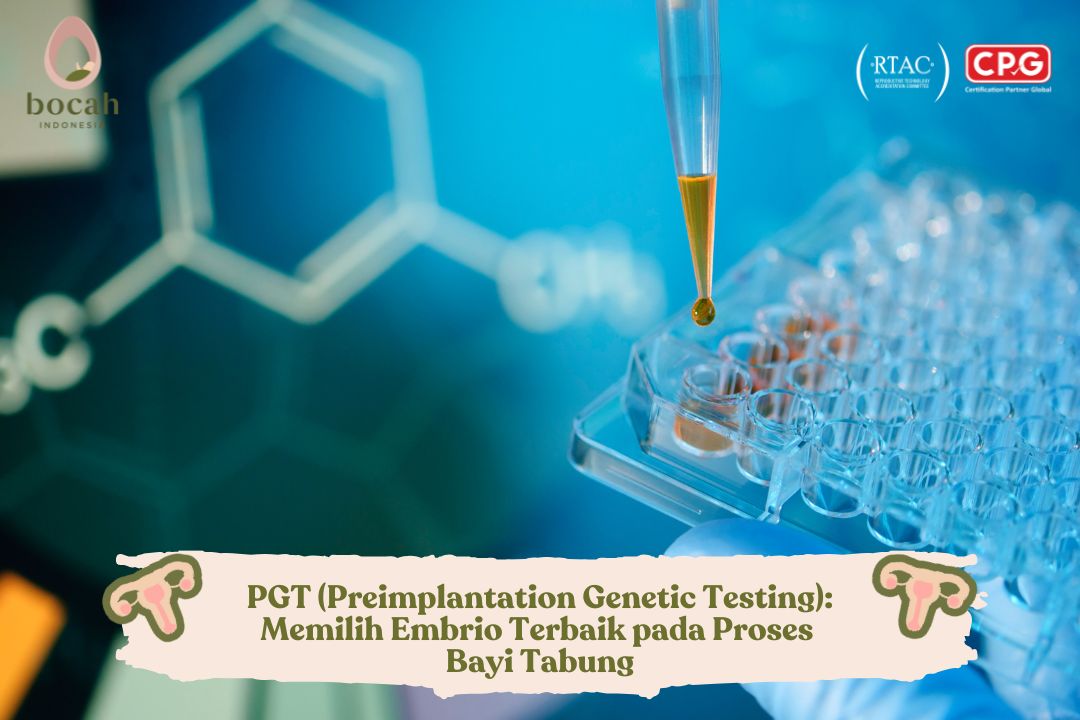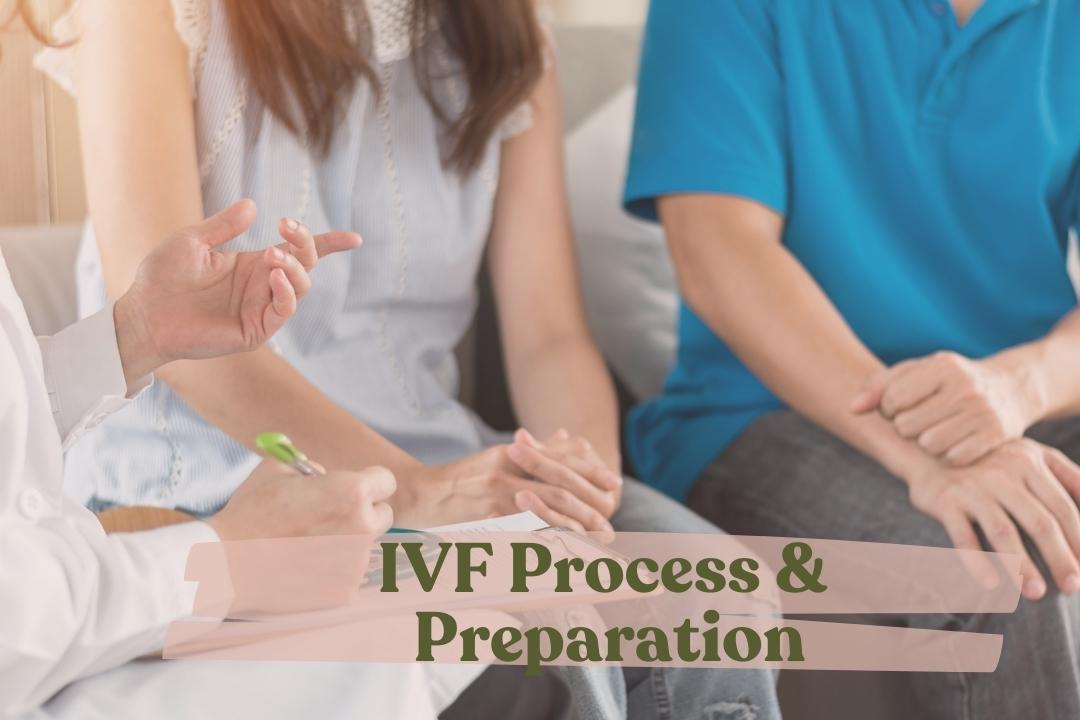In Vitro Fertilization (IVF): A New Hope for Couples Struggling to Conceive
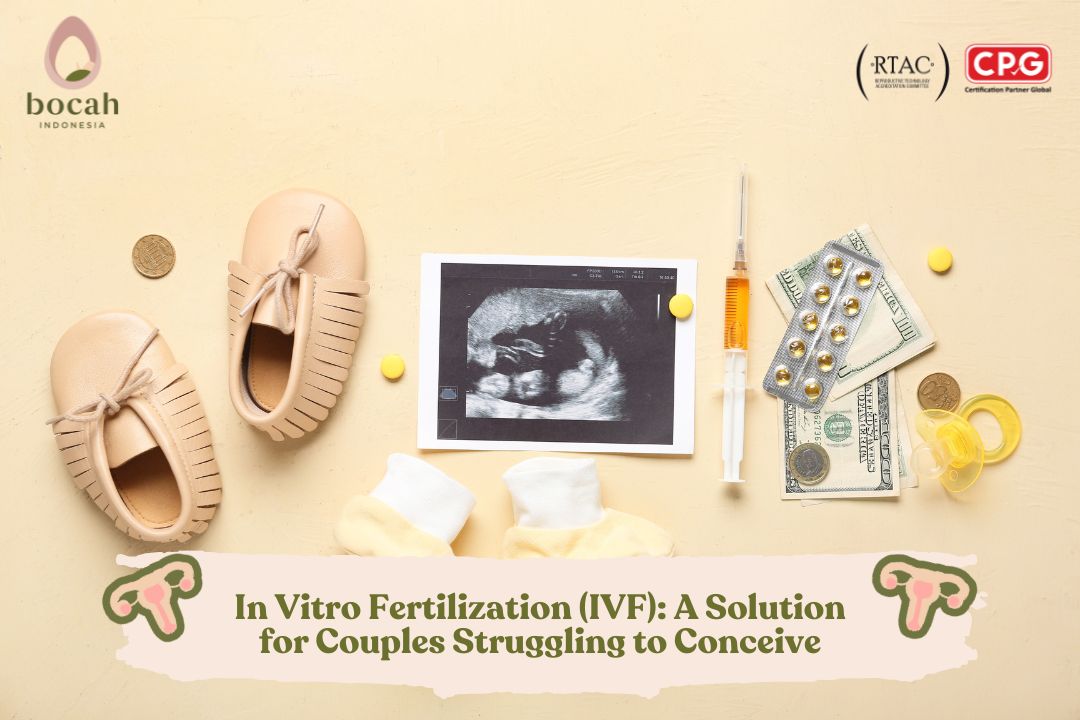
In vitro fertilization (IVF) is an assisted reproductive technology (ART) designed to help couples who face difficulties conceiving due to infertility issues.
This procedure involves fertilizing an egg and sperm outside the human body (in a laboratory). Once fertilization occurs and the embryo develops, it is transferred into the uterus of the intended mother to grow into a healthy pregnancy.
According to clinical data, the success rate of IVF ranges between 30% and 40% per cycle, making it one of the most effective fertility treatments compared with intrauterine insemination or hormonal therapy.
For many couples, IVF represents not just a medical procedure but a journey of hope and resilience toward parenthood.
When Is IVF Recommended?
IVF is generally recommended for couples who have not conceived after one year of regular, unprotected intercourse or after unsuccessful attempts with conventional fertility treatments such as ovulation induction or intrauterine insemination (IUI).
Female-Related Conditions
-
Blocked or damaged fallopian tubes preventing natural fertilization.
-
Previous tubal ligation surgery or pelvic operations.
Tanya Mincah tentang Promil?
-
Ovulation disorders leading to irregular or absent egg release.
-
Endometriosis (presence of uterine tissue outside the uterus).
-
Uterine fibroids (myomas) that interfere with embryo implantation.
-
Unexplained infertility despite thorough testing.
-
Advanced maternal age (≥40 years) with diminished ovarian reserve.
Male-Related Conditions
-
Low sperm count (oligospermia).
-
Poor sperm motility (asthenozoospermia).
-
Abnormal sperm morphology (teratozoospermia).
-
Absence of sperm in semen (azoospermia) — sperm retrieved surgically from the testes.
Special Indications
-
To prevent hereditary genetic disorders through Preimplantation Genetic Testing (PGT).
-
Use of a gestational surrogate when pregnancy is medically unsafe for the intended mother.
When Is IVF Not Recommended?
IVF may not be suitable or safe for women with certain severe medical conditions, including:
-
Marfan syndrome.
-
Advanced-stage heart failure.
-
Pulmonary hypertension.
-
Eisenmenger syndrome.
-
Aortic coarctation.
In addition, advanced maternal age, obesity, smoking, alcohol consumption, and chronic stress can reduce the success rate and increase the risk of chromosomal abnormalities in the embryo.
Pre-IVF Assessment and Preparation
Before beginning an IVF cycle, both partners must undergo comprehensive evaluations to ensure physical and emotional readiness.
-
Ovarian Reserve Testing
Measures levels of follicle-stimulating hormone (FSH), anti-Müllerian hormone (AMH), and estrogen to assess egg quality and quantity. -
Semen Analysis
Evaluates sperm count, motility, and morphology. -
Uterine and Tubal Examination
Performed using sonohysterography or hysteroscopy to identify structural abnormalities. -
Mock Embryo Transfer
A trial procedure to determine uterine depth and angle for optimal embryo transfer. -
Infectious Disease Screening
Includes testing for HIV, Hepatitis B and C, and Syphilis. -
Additional Hormonal Tests
Assessment of prolactin and thyroid hormone levels, as hormonal imbalance can affect ovulation and embryo implantation.
The Five Main Stages of IVF
1. Ovarian Stimulation (Ovulation Induction)
The patient receives injectable hormones (FSH, LH, hCG) for 1–2 weeks to stimulate multiple egg maturation.
Progress is monitored through transvaginal ultrasound and blood tests.
2. Egg Retrieval (Follicular Aspiration)
Performed 34–36 hours after the final hormone injection using a fine needle guided by ultrasound to collect eggs from the ovarian follicles.
3. Sperm Collection
Obtained via masturbation or minor surgical extraction if necessary.
4. Fertilization in the Laboratory
Eggs and sperm are combined either by conventional insemination or ICSI (Intracytoplasmic Sperm Injection), in which a single healthy sperm is injected directly into the egg.
Fertilized eggs are then cultured for 3–5 days until they develop into blastocysts.
5. Embryo Transfer to the Uterus
Healthy embryos are transferred into the uterus using a thin catheter.
If needed, Assisted Hatching may be performed to help the embryo attach to the uterine lining.
Post-Procedure Care and the Two-Week Wait (TWW)
After embryo transfer, the patient should:
-
Rest and avoid strenuous activity.
-
Take progesterone supplements as prescribed to support implantation.
-
Maintain a nutrient-rich, balanced diet with antioxidants, healthy fats, and folate.
-
Avoid sexual intercourse temporarily.
-
Engage in light exercise such as walking, yoga, or meditation (30 minutes daily).
A blood pregnancy test is performed 12–14 days post-transfer to confirm implantation success.
Risks and Possible Complications
Although considered safe, IVF carries certain physical and emotional risks, including:
-
Multiple pregnancies (twins or more).
-
Preterm delivery or low birth weight infants.
-
Ovarian Hyperstimulation Syndrome (OHSS) due to fertility drugs.
-
Ectopic pregnancy (implantation outside the uterus).
-
Miscarriage.
-
Chromosomal abnormalities or congenital defects.
-
Emotional stress and mood changes during the process.
-
Gestational hypertension or diabetes in older pregnant women.
These risks can be minimized under the supervision of a fertility subspecialist (KFER) at an accredited reproductive clinic such as Bocah Indonesia.
The Importance of Professional Consultation
Couples who have been trying to conceive for at least one year without success are strongly advised to consult a fertility and reproductive endocrinology specialist (KFER).
This consultation helps determine:
-
The cause of infertility.
-
The most appropriate fertility treatment (IVF, ICSI, or IUI).
-
The realistic success rate and cost based on individual conditions.
IVF is not merely a medical procedure—it is a journey of hope, patience, and faith toward new life.
Bocah Indonesia’s Commitment
As a leading fertility clinic in Indonesia, Bocah Indonesia offers a full-spectrum IVF service — from comprehensive diagnostics and advanced embryology labs to emotional support for couples.
Our fertility specialists (KFER) provide evidence-based medical care with compassion and empathy.
At Bocah Indonesia, every journey to parenthood is a story of hope. Through science, care, and faith, your dream of becoming parents can come true.
Source:
-
Alodokter. (2024). Bayi tabung, ini yang harus Anda ketahui.
Retrieved from https://www.alodokter.com/bayi-tabung-ini-yang-harus-anda-ketahui -
Halodoc. (2024). Tahapan dan risiko prosedur bayi tabung.
Retrieved from https://www.halodoc.com/artikel/tahapan-dan-risiko-prosedur-bayi-tabung -
Mitra Keluarga. (2024). Persiapan sebelum menjalani program bayi tabung (IVF).
Retrieved from https://www.mitrakeluarga.com/artikel/persiapan-bayi-tabung-ivf -
Faculty of Medicine, Public Health, and Nursing, Universitas Gadjah Mada (FK-KMK UGM). (2024). An in-depth look at the IVF program.
Retrieved from https://fk.ugm.ac.id -
Bocah Indonesia. (2025). In vitro fertilization program and reproductive technology support at Bocah Indonesia.
Retrieved from https://bocahindonesia.com


